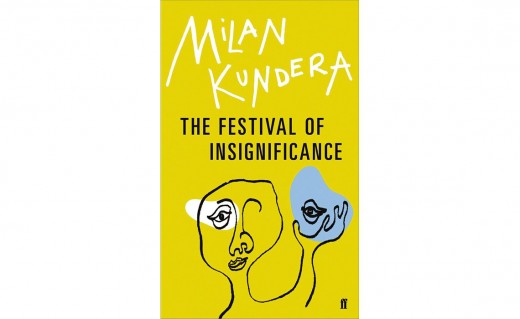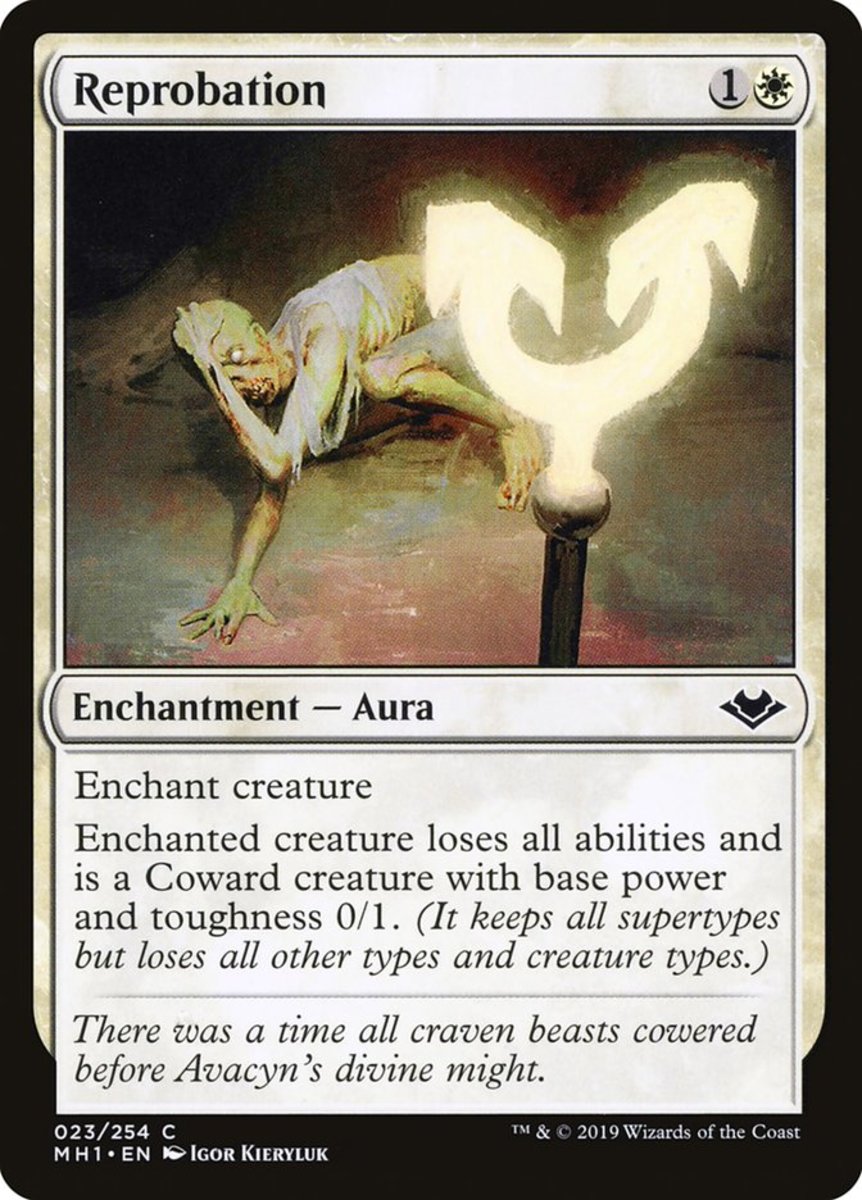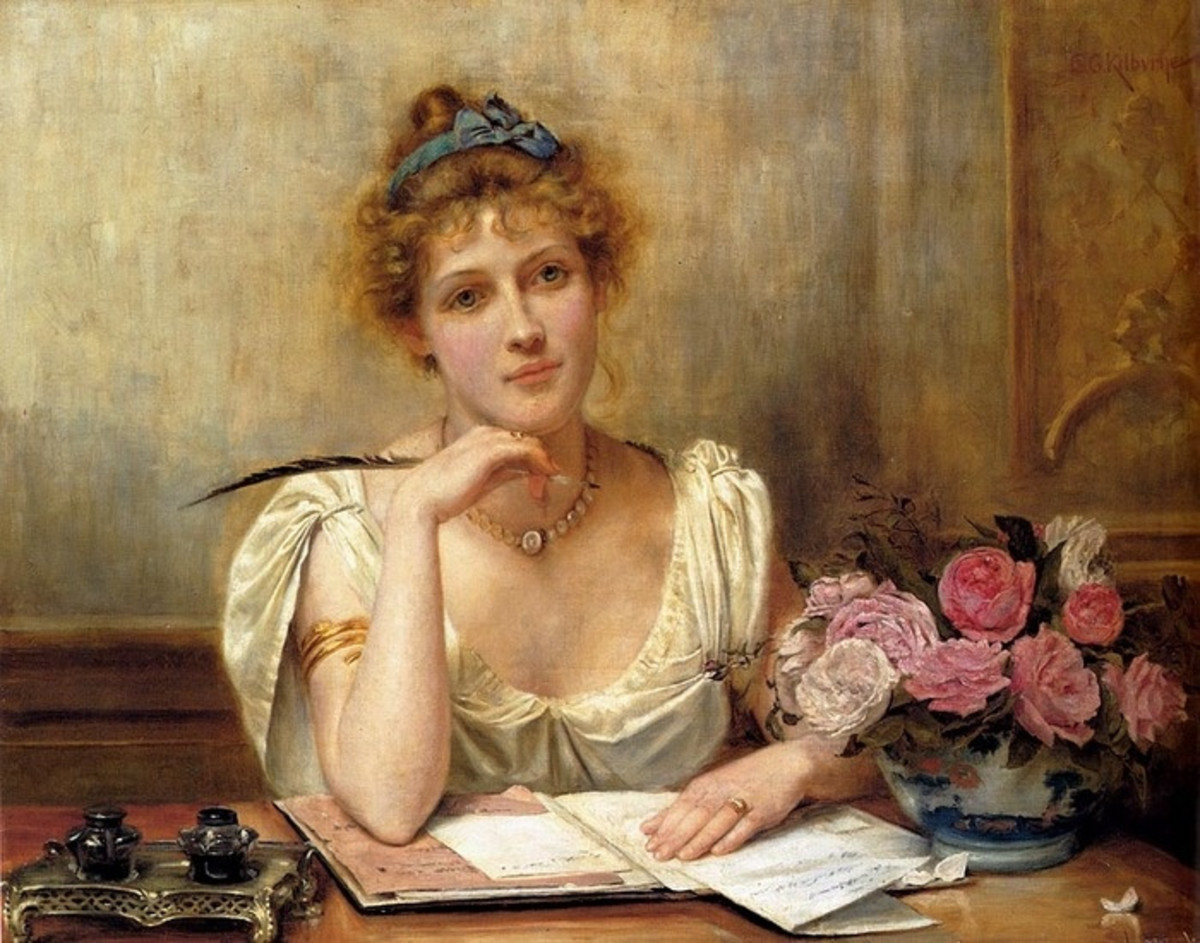The Banality of History

In his novel "The festival of insignificance" Milan Kundera drives his writing strategy to its climax. He does not drive it right, but smashes it. He do not build classic characters here, as you can get lost between a personality and another if you are not in full vigilance. The "joke" or the "farce" that was a pillar of his novel's entire literary project turns into nonsense or "triviality." The novelist's architectural construction in his earlier works also turns into short paragraphs with simple, unassuming newspaper headlines. The totalitarian communist regime, his first enemy and his most important asset in the dismantling of dictatorships, turns from a rigorous ideological dissection to a fantastical labyrinth of laughter or mocking laughter.
Kundera does not care in the "Festival of insignificance" about historical facts. He is inventing a history on his whim, to embody the tyranny of dictatorships and their fragmentation, or rather their vanity. "Stalin" in the novel is not only a "classic dictator" but a "hero" or "Araguz" in a play on the Kremlin, "show his" vanity "or" hallucination "amid a group of generals.
As if the Kundera despaired of the rational historical dismantling of the figures of human shame, especially Stalin. As if he wants to tell us that the moquery is the only way to face the world of liquidity of meaning and absence of reason. The world of the herd of human beings, in which the differences between Buddha and Napoleon fade. The world of "banality"
"The Festival of insignificance" is not a novel by the common definiton. It is a final sigh beyond any classification of a man (Kundera) over eighty years old, standing on the brink of death. But what does Kundera see at the end of his vast narrative career and long life? What is the summary? What is the commandment?
The conclusion is so simple and terrifying that the catastrophe of mankind lies in this small hole in the belly, the navel. With every piece of a secret rope, a human being is born, a crime.
© 2019 Oussema Ben Romdhane





